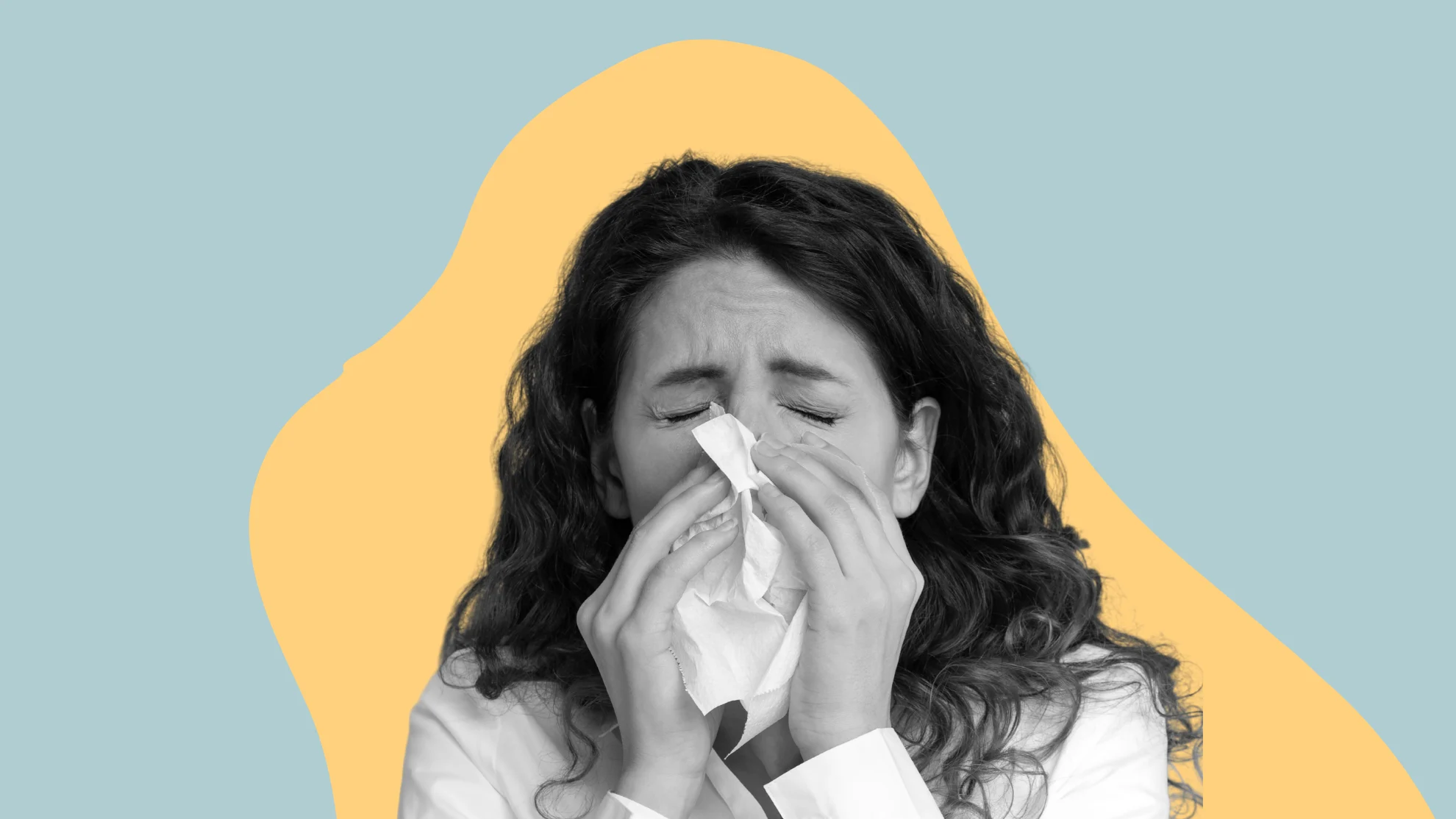
Spring allergies 101: Why you're sneezing and how to feel better fast
Sneezing more lately? You aren't alone.
Pollen - microspores that create dust in the air.
If you suffer from allergies, you're probably acutely aware of its existence. Individuals with sensitivities are subject to watery eyes, sneezing, and postnasal drip that can linger for weeks.
Pollen season lasts from April to October in Canada, with April and May being the worst for tree allergens and June and July the worst for grass pollens.
Ragweed season starts in August and typically lasts until October.
If you suffer from seasonal allergies, you aren't alone. Up to 9 million Canadians live with them, and upwards of 1 million dogs.
Sufferers have devised coping mechanisms, like using over-the-counter medications and avoiding outdoor activity when pollen counts are high.
Many also turn to the internet - looking up the pollen report on The Weather Network website.
Factors influencing a heavy pollen count
Find yourself sneezing more than usual? It might be due to one or more of the following factors:
Warmer weather: Pollen loves warm weather, and longer warm seasons we can lead to higher pollen counts.
Less rainfall, particularly in the spring: Rain washes pollen out of the air and can cause pollen to stick to wet trees, instead of being released into the air where it can cause you to sneeze.
Urban planning also plays a role. A lot of cities like to plant male trees because they do not have flowers or fruits and are easier to maintain. The issue with that is male plants release pollen. That said, some scientists are skeptical this "botanical sexism" plays a significant role. But here's one thing we know for sure: Cities tend to have warmer temperatures than rural areas due to all the heat-trapping infrastructure and, like mentioned above, pollen loves warmer weather.
Ragweed increases with cool, fall weather.
Pollen avoidance strategies
Stay indoors on dry, windy days. Pollen counts are lowest after rain, which helps clear it from the air.
Skip the chores. Try to delegate lawn mowing, weed pulling, and other gardening chores that stir up pollen to people who don't have sensitivities.
Take a shower to rinse pollen from your skin and hair after spending time outside, and put on clean clothes.
Wear a face mask when doing outside chores on high pollen days.
Keep windows and doors closed on high pollen days.
Wraparound or oversized sunglasses can reduce pollen contact with the eyes.
Keep the windows and sunroof closed when in your car.
Invest in a HEPA air purifier and regularly maintain it.
Header image: Cheryl Santa Maria for The Weather Network via Canva Pro.
